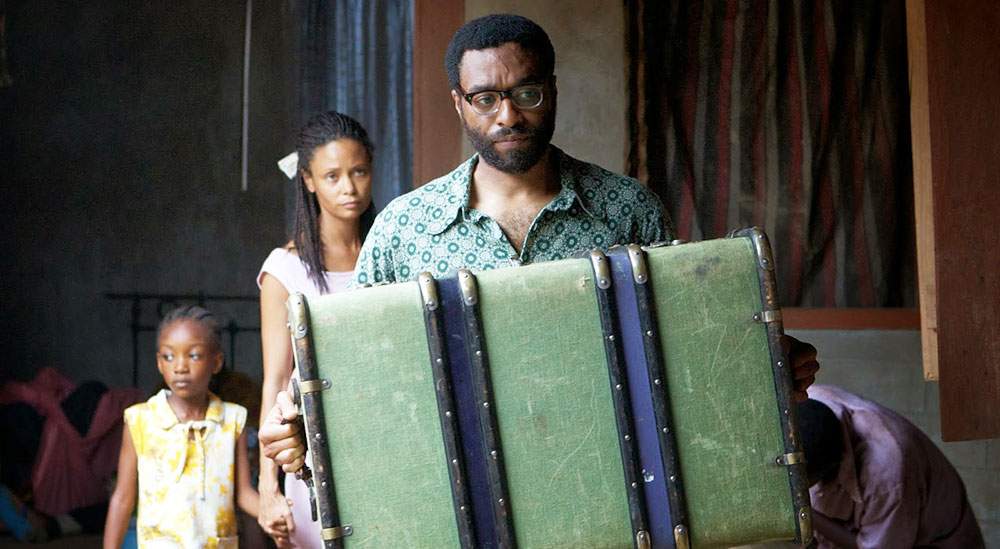Half of a Yellow Sun
A fundraiser screening for the first ever Africa Fashion Festival New Zealand.
Overview
When the colonising British left Nigeria in 1960, the nation welcomed a new era of transformation, but with independence came instability. This festering civil unrest forms the backdrop of Half of a Yellow Sun, with personal troubles coloured by political uncertainty. As the country attempts to cope with the fighting of power-seeking factions, two sisters become immersed in the conflict.
In her 2006 bestseller and Orange Prize for Fiction winner, author Chimamanda Ngozi Adichie balanced the broader context of the war with the circumstances of twins Olanna (Thandie Newton) and Kainene (Anika Noni Rose), their efforts to forge lives beyond their well-to-do Lagos upbringing forever shaped by Nigeria's volatility. The film adaptation, written and directed by novelist and playwright Biyi Bandele in his directorial debut, sparkles with potential but plays out with predictability. The setting and the characters may be unique to this tale, but audiences have seen the story — or one just like it — many times before.
Providing the punctuation between handsomely shot scenes, archival newsreel footage furnishes chapter stops to the episodic slices of the siblings' lives, with Olanna the film's centre. A sociology professor freshly returned from London, she struggles with her romance with revolutionary-leaning fellow academic Odenigbo (Chiwetel Ejiofor), blissful domesticity never a potential outcome. Odenigbo's overbearing mother (Onyeka Onwenu) is forceful with her disapproval, and instrumental in his affairs. Running the family business, Kainene flits in and out of Olanna's orbit with her British lover, writer Richard (Joseph Mawle), offering her own headstrong opinions and status-climbing ambitions.
As a melodrama of strained interpersonal relationships that threatens to betray its based-on-a-true-story origins, Half of a Yellow Sun makes its emotional arcs apparent. As a portrait of the Biafran war, it goes to great efforts to show the wide-ranging impact upon the Nigerian populace, never shying away from the many horrors. What proves less successful is the use of the former to enhance the latter. An emotionally embellished narrative isn't needed to emphasise the devastation and turbulence of the civil war, nor is the absence of subtlety to the feature's benefit.
Within such confines, the cast switch between concentrated emoting and smouldering restraint, Newton and Ejiofor faring best as the obvious points of focus. Their innate talents anchor the sentiments beyond their sweeping treatment in the story, even if the feature's female leads swiftly stand in their male co-stars' shadows.
Sumptuous but strained, Half of a Yellow Sun thus waxes and wanes between its aspirations and authenticity, reaching for more but restricted by its adherence to convention and cliche. Resonance lingers, but more so in the reality than the depiction. The true scenario speaks for itself, with the incursion of overt theatrics lessening the film's power.





